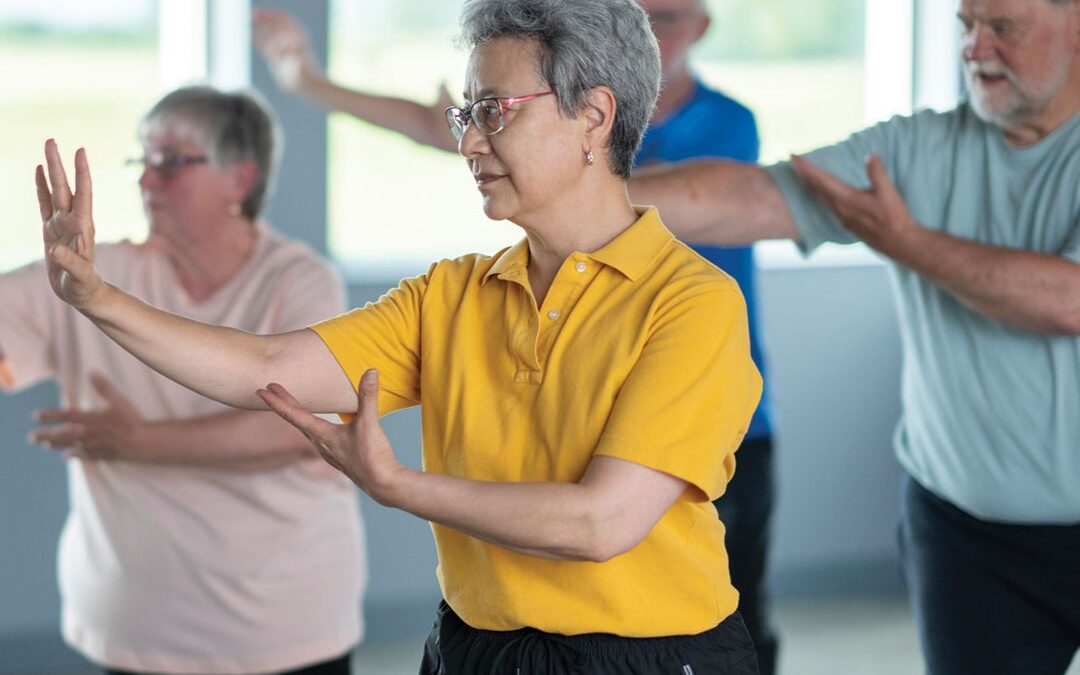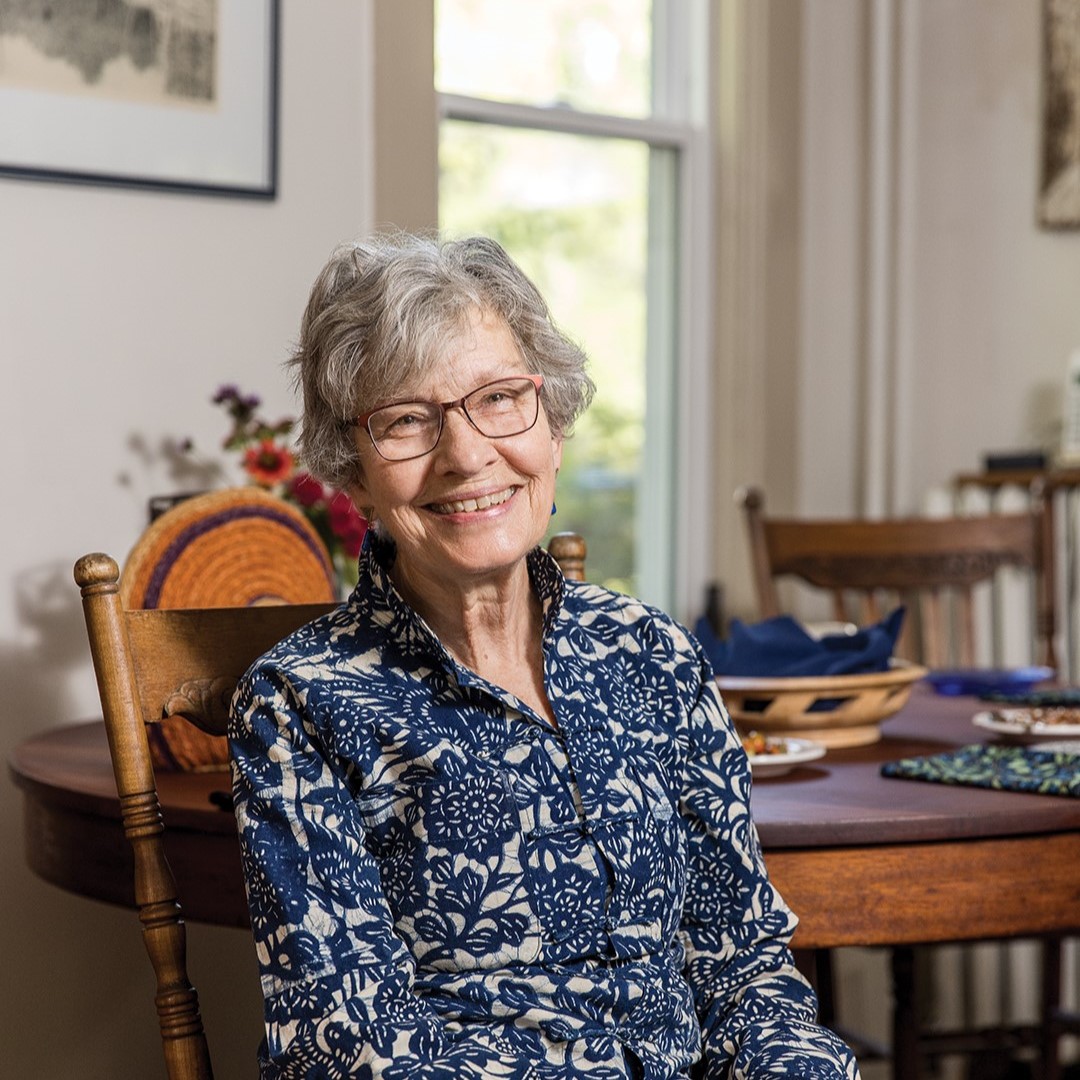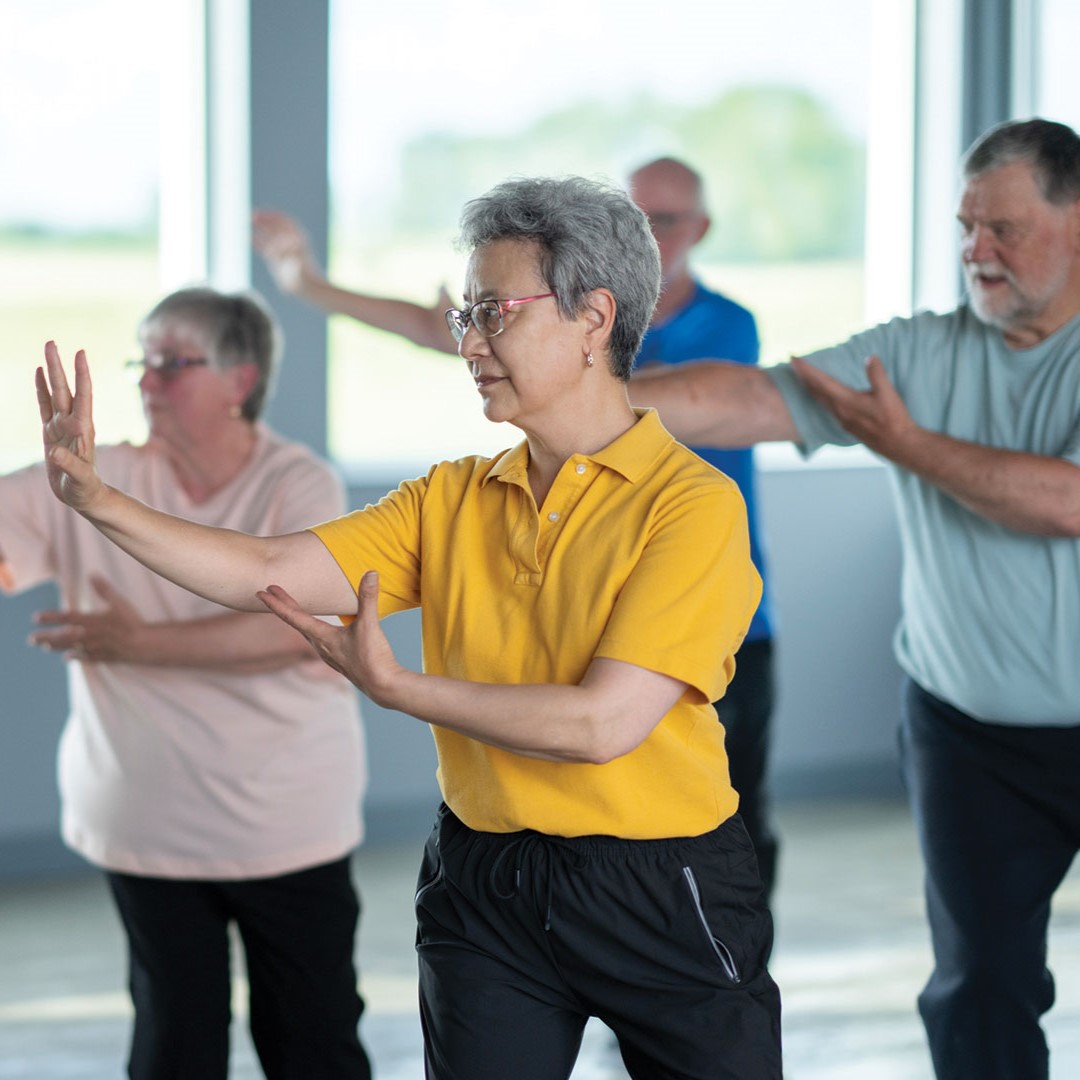
iStock/greenleaf123
Important conversations about aging.
Adult children between the ages of 30 and 50 can find it daunting to navigate the conversation minefield that is end-of-life care with their parents. So, we asked Dr. Jae-Woo Kim M.D. for tips to help empower aging parents who wish to maintain a sense of autonomy while also providing some peace of mind to concerned family members.
Kim was trained at the University of Minnesota and works as a hospitalist at a Twin Cities hospital. He notes it’s not uncommon for people to avoid discussions of death and dying; when you’re healthy, the topic seems irrelevant. But open communication is always key, and if a loved one becomes unhealthy, it’s definitely time to ask their primary care doctor about how to have those important conversations.
What to watch for:
“Our function slowly declines over time,” Kim says. “Falls and fractures can take someone from 95 percent down to 75 percent with other complications down the road. Assess [your loved one’s] mobility by observing how well they get around the house. Is there clutter that could cause a potential trip and fall? Observing the overall living situation can be less confrontation. You’re just observing.”
Depression is under-recognized in the elderly. Kim says, “Isolation and hearing loss is a huge unrecognized factor in depression.” Those with poor hearing may be embarrassed and begin to shut down, communicating less and less. Pay attention to whether Mom and Dad are still being social and help them to remain engaged.
Aging in place:
Some folks love their homes and don’t want to leave. “But you need a sense of if it’s manageable,” says Kim. “As much as they can stay in their home is good” because it forces movement, to the kitchen and to the bathroom. That said, community living may not “feel” like home but can provide much needed socialization opportunities with peers.
Family communication:
Adult children should seriously think about how many encounters they likely have left with their parents over the next 20-30 years. Kim says, “Parents want some connection even if it’s brief. Try to stay engaged and be willing to be the one to reach out first; and keep other siblings in the loop.”
Metaphorically speaking, Kim says, “Siblings who live farther away may know “there’s fire,” but assume Mom and Dad are still doing okay. It’s the siblings who are taking care of Mom and Dad who “feel the heat;” they understand what’s happening. So again, communication is key; preferably without judgement or guilt.
How to help:
Staying active, picking up new hobbies and being engaged with peers are vital to healthy aging according to Kim. For example, he says, “My 65-year-old mother picked up cello and golf! She knows she’s not going to be good at it, but wanted to try something new.”
Also, “weight gain or health issues can lead to the temptation to do less,” Kim says. “But, that’s the opposite of what we should do. We should encourage our parents to stay mentally engaged with things like puzzles, reading and volunteering.”
Managing healthcare:
Kim acknowledges there is a power imbalance in healthcare. “It’s like going to a mechanic. I don’t know if what he says is right. Fortunately, in Minnesota, we have great systems and an abundance of access to care.” He suggests choosing a primary care physician who isn’t necessarily fresh out of school, not because they aren’t qualified, but like with many first jobs, there’s more potential for young doctors to move around. You also don’t want a doctor who’s going to retire before you. Kim says it’s ideal to choose a doctor with five to 10 years experience and is likely to age with you. He notes it’s also easier to streamline care when patients remain within the same healthcare system when possible.
For more insight into this topic, Kim recommends the book titled Being Mortal by Atul Gawnde.






















